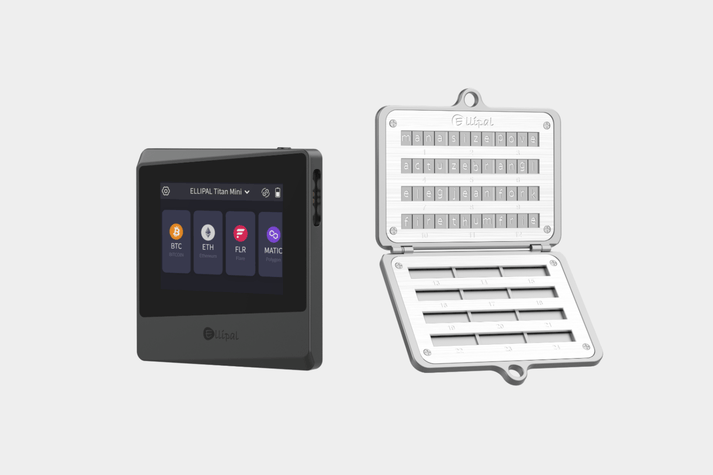-
 Find in Members
Find in Members Find in Videos
Find in Videos Find in Channels
Find in Channels
This website uses cookies to ensure you get the best experience on our website.
To learn more about our privacy policy Click herePrivacy Preference
- Tags - #BLOG
-
- Last updated September 3, 2024 0 comments, 102 views, 0 likes
More in Politics
Related Blogs
Archives
Understanding Cold Wallets: How They Secure Your Cryptocurrency Assets
Body
In the ever-evolving world of cryptocurrency, securing your digital assets is paramount. One of the most effective methods to achieve this is through the use of a cold wallet. But what exactly is a cold wallet, and how does it work? In this article, we will delve into the intricacies of cold wallets, their advantages, and why they are essential for anyone serious about safeguarding their cryptocurrency investments.

What is a Cold Wallet?
A cold wallet is a type of cryptocurrency wallet that is not connected to the internet. This offline storage method significantly reduces the risk of hacking and cyber theft. Unlike hot wallets, which are online and more convenient for frequent transactions, cold wallets prioritize security over accessibility. They can take various forms, including hardware wallets, paper wallets, and even air-gapped computers.
Types of Cold Wallets
There are several types of cold wallets, each with its unique features:
- Hardware Wallets: These are physical devices that securely store your private keys. They are user-friendly and often come with additional security features.
- Paper Wallets: This method involves printing your private keys and public addresses on paper. While it is highly secure, it requires careful handling to avoid physical damage or loss.
- Air-Gapped Computers: These are computers that have never been connected to the internet. They can be used to generate and store private keys securely.
Why Use a Cold Wallet?
Using a cold wallet offers several advantages:
- Enhanced Security: Since cold wallets are offline, they are immune to online hacking attempts.
- Long-term Storage: Cold wallets are ideal for holding cryptocurrencies that you do not plan to trade frequently.
- Control Over Assets: Users have complete control over their private keys, reducing reliance on third-party services.
Choosing the Right Cold Wallet
When selecting a cold wallet, consider factors such as security features, ease of use, and compatibility with various cryptocurrencies. For instance, the is a popular choice among cryptocurrency enthusiasts due to its robust security measures and user-friendly interface.
Conclusion
In conclusion, a cold wallet is an essential tool for anyone looking to secure their cryptocurrency assets effectively. By understanding the different types of cold wallets and their benefits, you can make informed decisions about how to protect your digital investments. Whether you choose a hardware wallet, a paper wallet, or an air-gapped computer, the key takeaway is that offline storage significantly enhances the security of your cryptocurrencies.






Comments